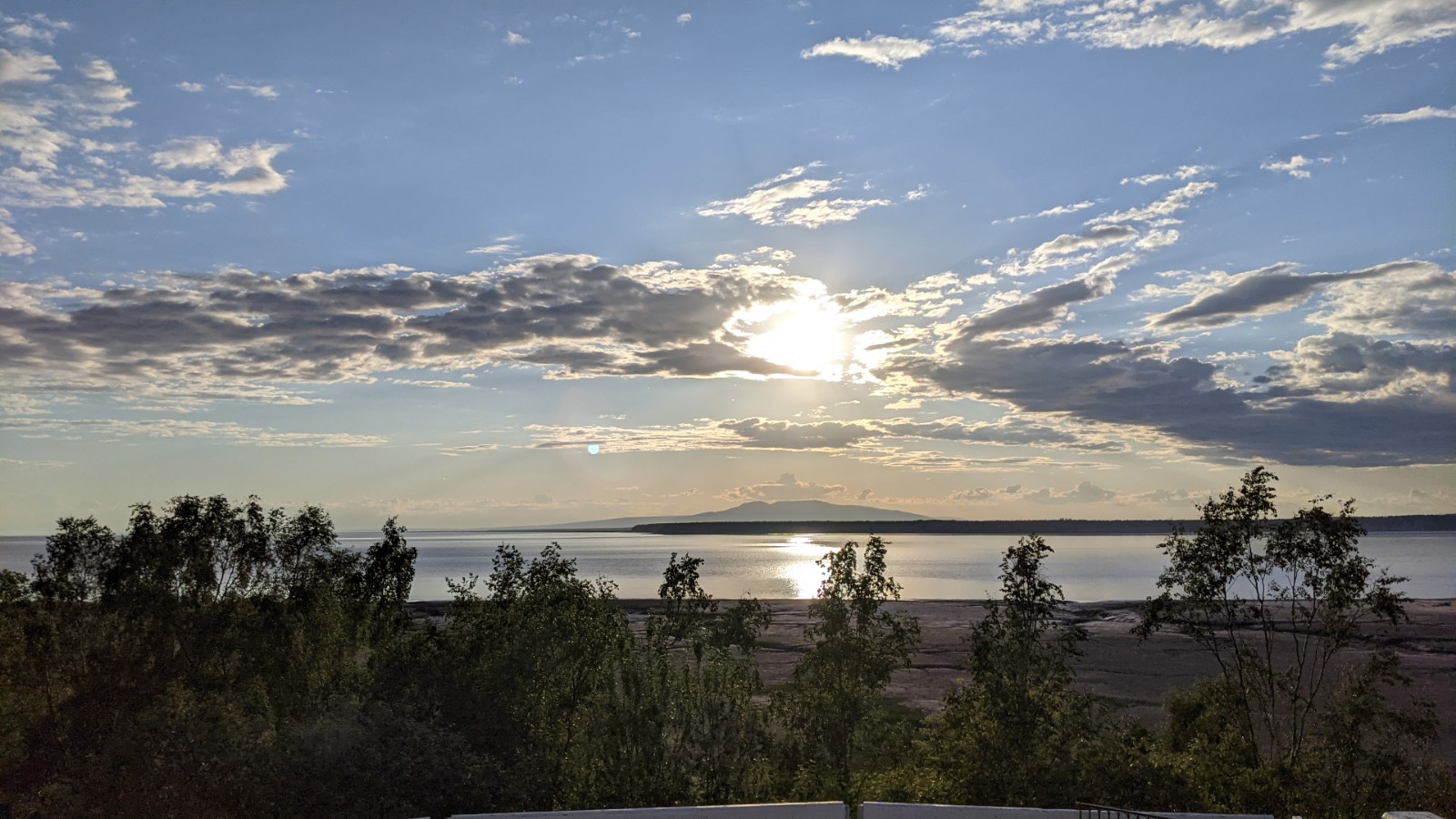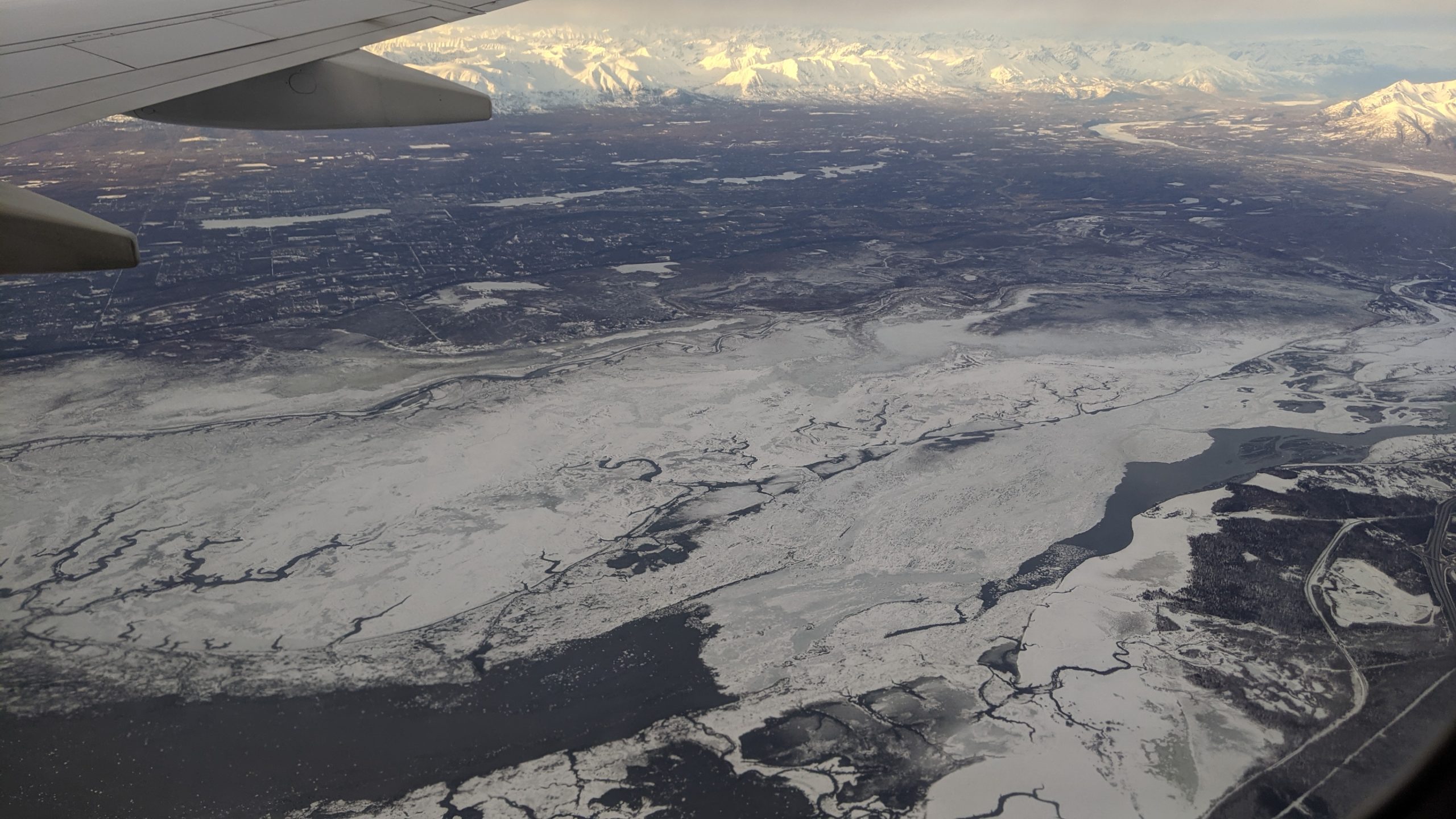What did you accomplish with your host organization? What was the impact of your work?
This summer I worked with the of Study of Environmental Arctic Change (SEARCH) on a variety of activities, but as my main project I organized and shared a database of sources which SEARCH participants will use as they research and write publications. While I assisted SEARCH’s directors and executive committee with meetings and other activities, this task was for the most part mine to lead. I collected articles, reports, essays, books, and other sources and entered them into the database to make them easily available to everyone involved with SEARCH. I also created an instructional video for all team members showing how to use the database, and presented my work to the executive committee. I hope that as they continue researching, writing, and publishing their products, SEARCH participants will benefit greatly from the convenience of the newly organized database.
Continue reading




